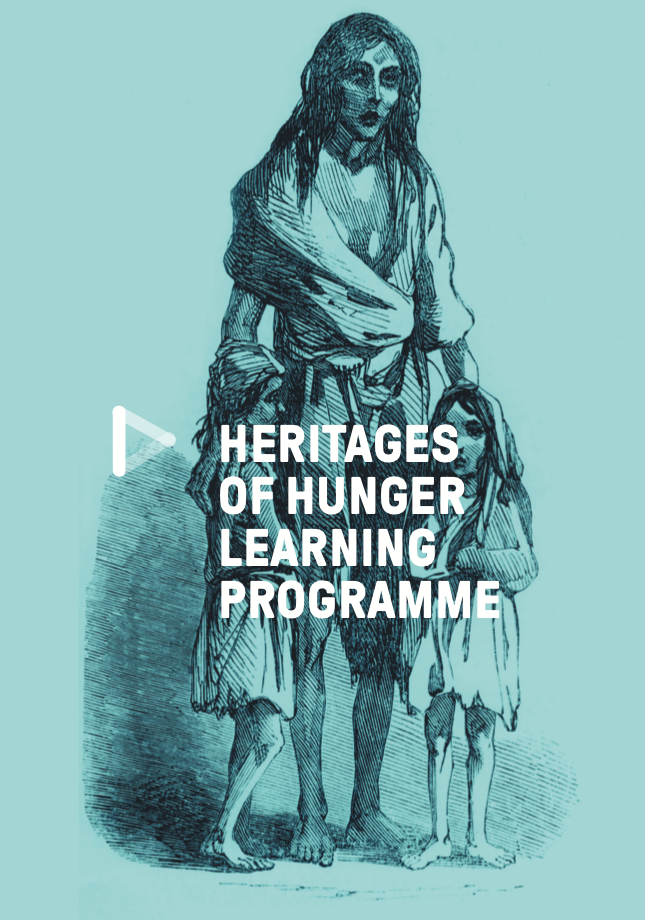
Introduction
This learning programme is a product of the Heritages of Hunger research project, funded by the Dutch Research Council NWO. Heritages of Hunger investigates the enduring legacies and heritage of historical European famines to foster mutual understanding among communities by creating awareness of shared pasts.
Across six thematic modules, this resource introduces learners to key aspects of famine and its legacies: the causes and political contexts of hunger, its social and political impacts, responses to food crisis, and the ways famine is – or isn’t – remembered today. This learning programme is based on the findings and materials developed during the Heritages of Hunger project. The European focus of the project has defined the scope of this resource, though instructive examples from other past and present famines have also been included.
Neither the project nor this learning programme are exhaustive: not all famines that occurred in Europe’s recent past have been included, nor is every aspect of each famine covered. But while the case studies offered here mainly focus on Europe, the themes it covers are widely applicable. Above all, this resource aims to show that the experience of famine is something that goes beyond national borders and national histories. Its impacts can both cross borders or be more localised. With this resource, we aim to create awareness about famine: its causes, its effects, and its memory. By offering historical knowledge, we moreover hope to inspire users to take action against the enduring threat and occurrence of famine and food insecurity in today’s world.